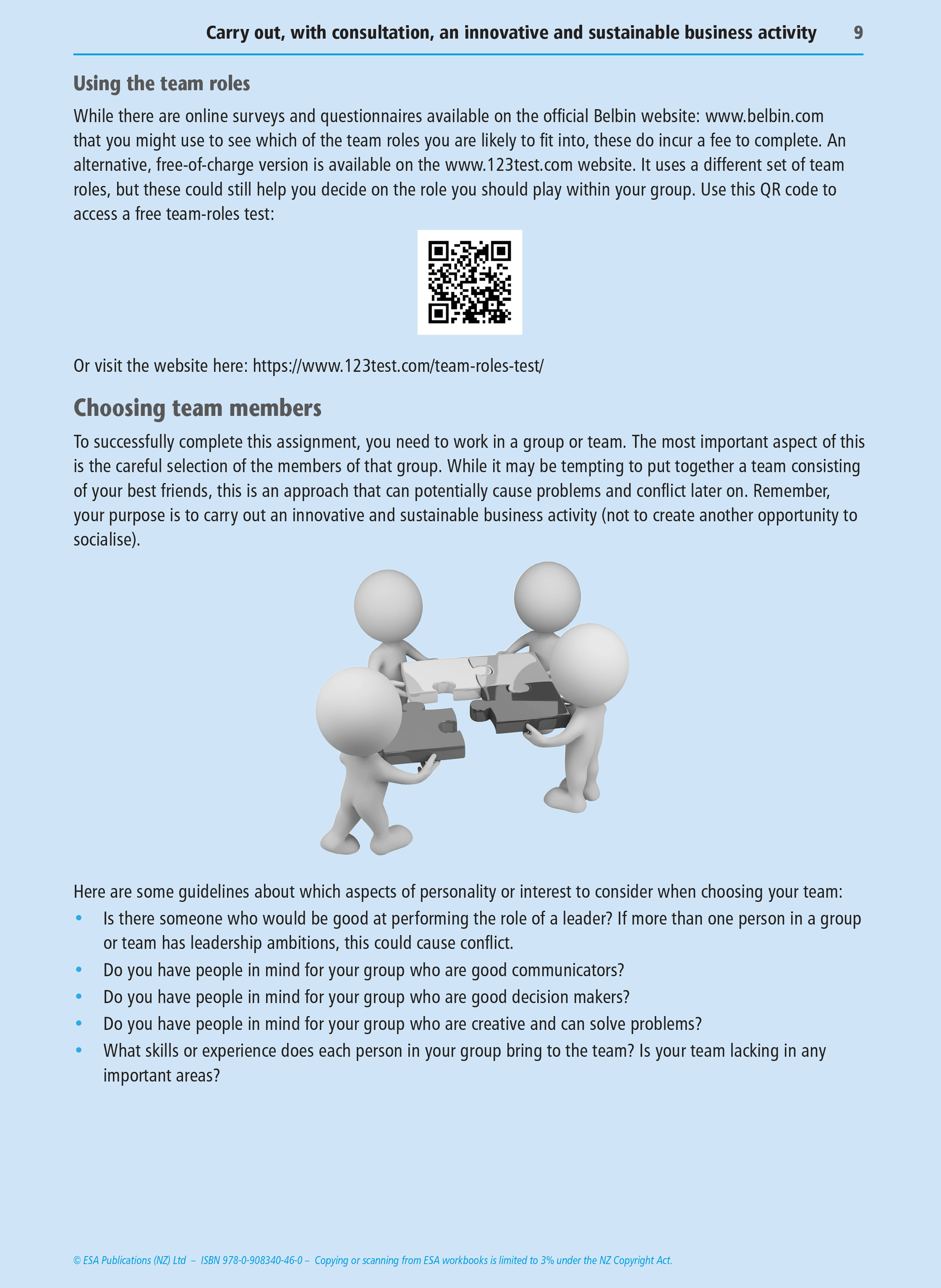
Agile Strategies: Fueling Business Success
In today’s rapidly evolving business landscape, the ability to adapt and respond swiftly to changes is paramount. This is where agile strategies come into play, providing a dynamic framework that empowers organizations to thrive in the face of uncertainty.
Embracing Change in Agile Business
Agile methodologies prioritize flexibility and responsiveness, encouraging businesses to embrace change rather than resist it. Traditional, rigid structures can hinder progress, but agile approaches facilitate a mindset shift. By fostering a culture that values adaptability, organizations position themselves to navigate the unpredictable nature of the business environment.
Iterative Development for Continuous Improvement
One key aspect of agile strategies is iterative development, allowing for continuous improvement throughout the project lifecycle. Instead of waiting until the end to unveil a final product, teams break down projects into smaller, manageable increments. This iterative approach enables constant evaluation, adjustment, and refinement, ensuring that the end result aligns seamlessly with evolving market demands.
Cross-Functional Collaboration as a Cornerstone
Agile success relies on effective cross-functional collaboration. Breaking down silos and promoting communication among diverse teams ensures a holistic understanding of the project. This collaborative environment not only accelerates decision-making but also fosters innovation through the integration of varied perspectives.
Agile Business Success: Adapting to Customer Feedback
Customer feedback is invaluable in shaping successful business outcomes. Agile methodologies prioritize customer satisfaction by incorporating feedback loops throughout the development process. This customer-centric approach allows businesses to address evolving needs, enhancing product or service offerings and ultimately driving success.
The Role of Leadership in Agile Transformation
Leadership plays a pivotal role in the successful adoption of agile strategies. Leaders must champion the cultural shift toward agility, emphasizing the importance of continuous learning and adaptation. By fostering a supportive environment, leaders empower teams to take ownership of their work, fostering a sense of accountability and innovation.
Agile Business Success Stories: Real-world Examples
Examining real-world success stories provides tangible evidence of the effectiveness of agile strategies. Numerous companies across various industries have achieved remarkable results by embracing agility. These success stories serve as inspiration and practical guidance for organizations seeking to implement agile methodologies.
Challenges and Pitfalls in Agile Implementation
While agile strategies offer significant benefits, their implementation is not without challenges. Understanding common pitfalls, such as resistance to change and incomplete commitment, is crucial. Overcoming these obstacles requires a strategic and dedicated approach to ensure a smooth and effective agile transformation.
Agile Business Success in Action
To witness agile business success in action, look no further than Agile Business Success. This platform serves as a hub for resources, case studies, and insights into the agile journey. By exploring real-world examples and learning from experienced practitioners, businesses can glean valuable lessons to enhance their own agility and drive success.
Conclusion: Navigating the Future with Agile Strategies
In conclusion, agile strategies provide a dynamic framework for businesses to navigate the ever-changing landscape. By embracing change, fostering collaboration, and prioritizing customer feedback, organizations can position themselves for success. Leaders play a pivotal role in driving the cultural shift necessary for agile transformation, and by learning from both successes and challenges, businesses can pave the way for a more adaptive and resilient future.








